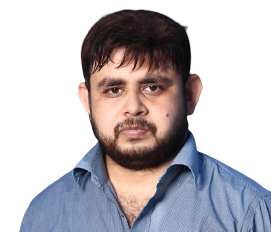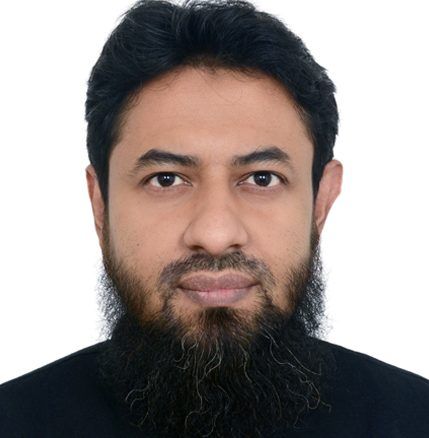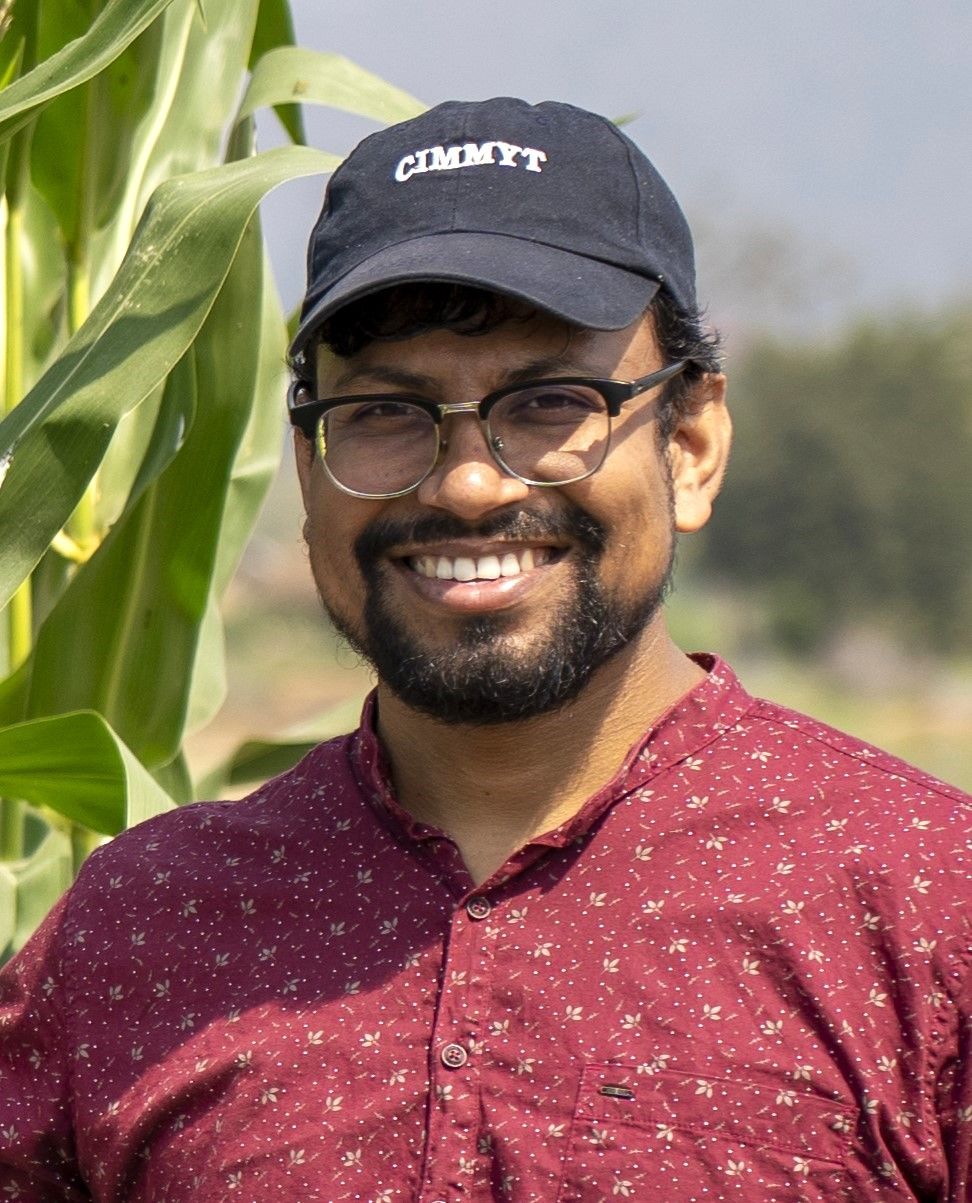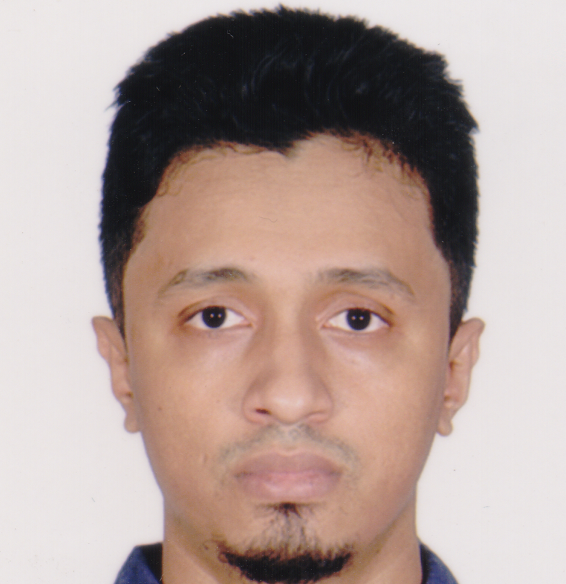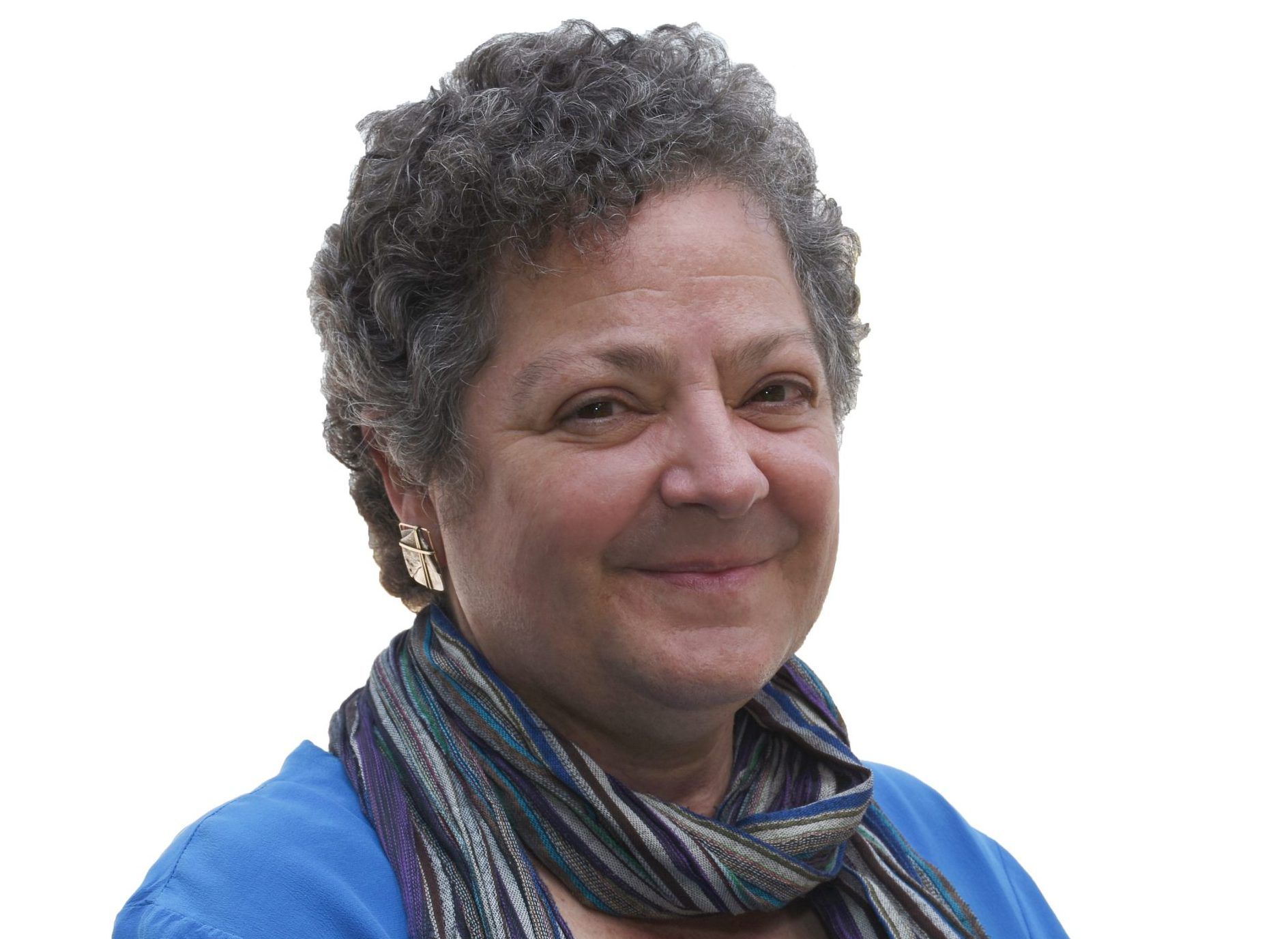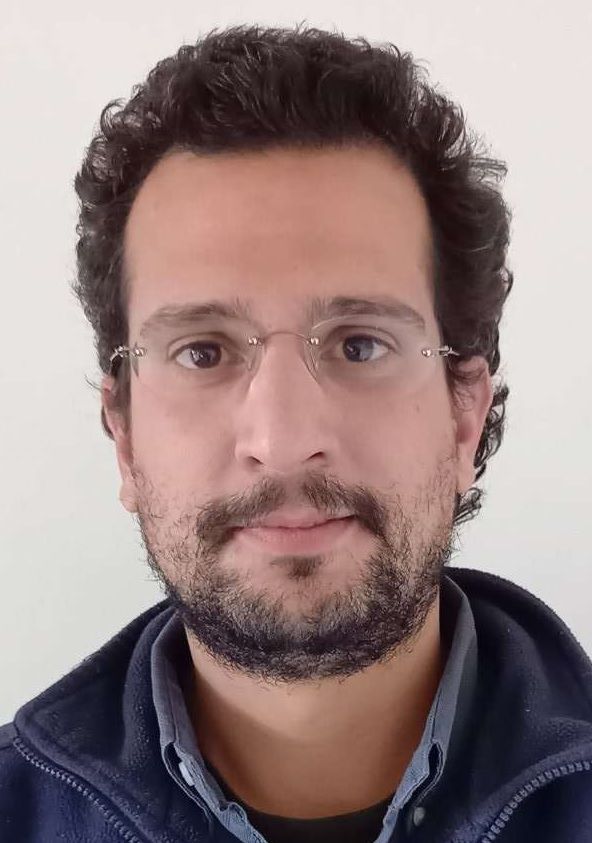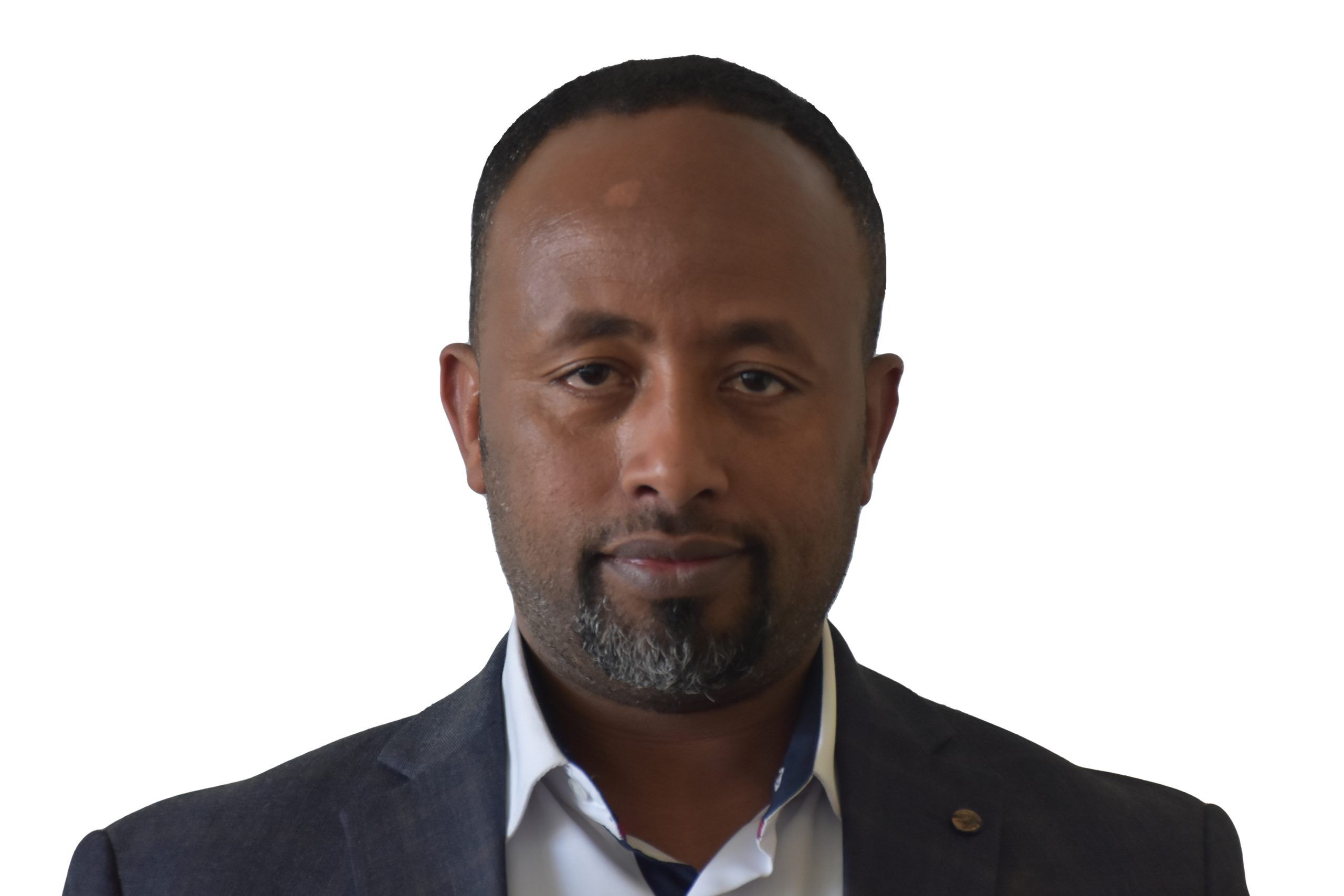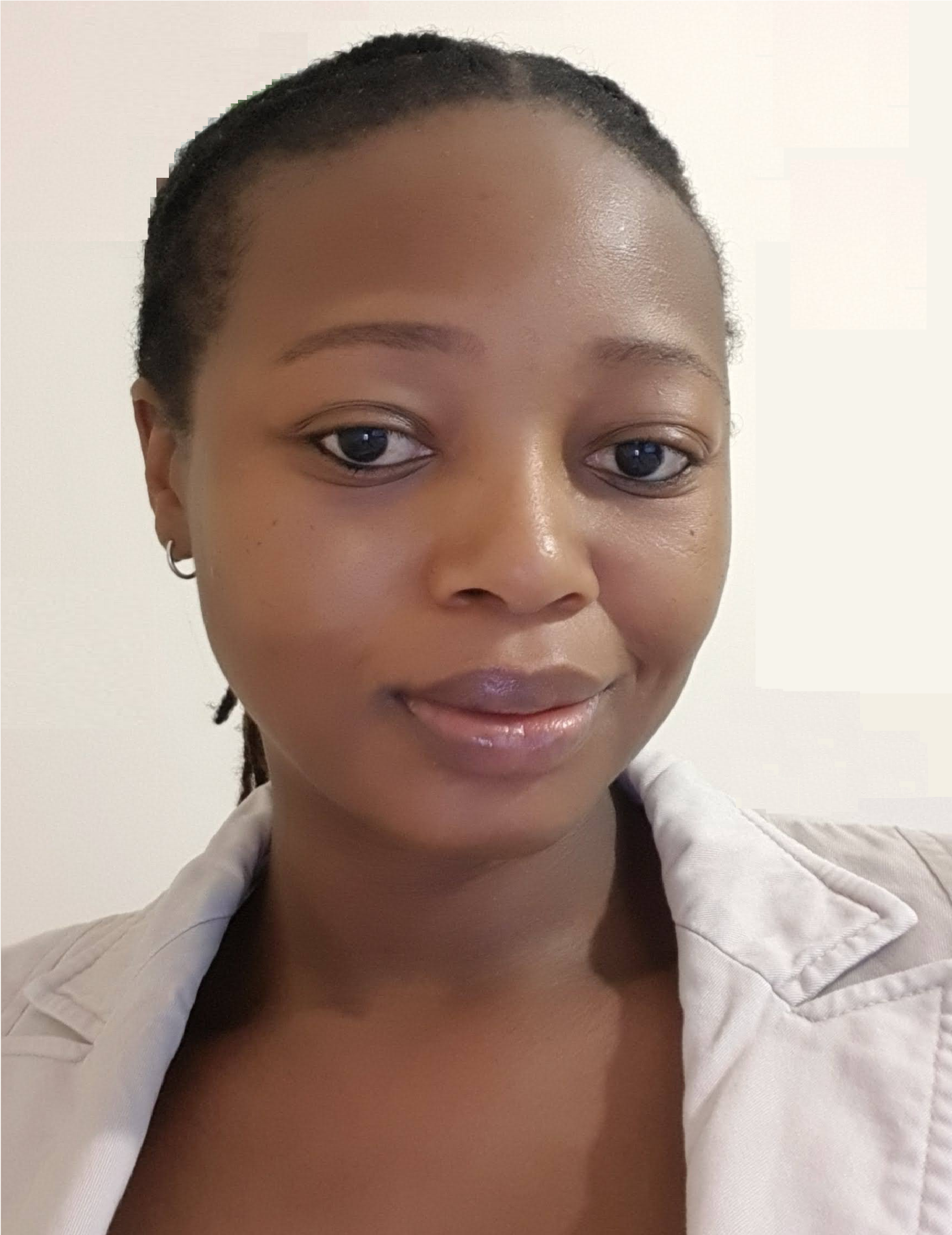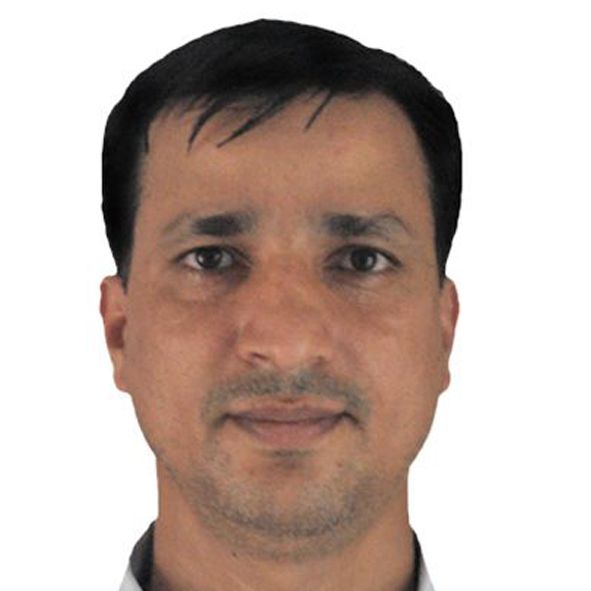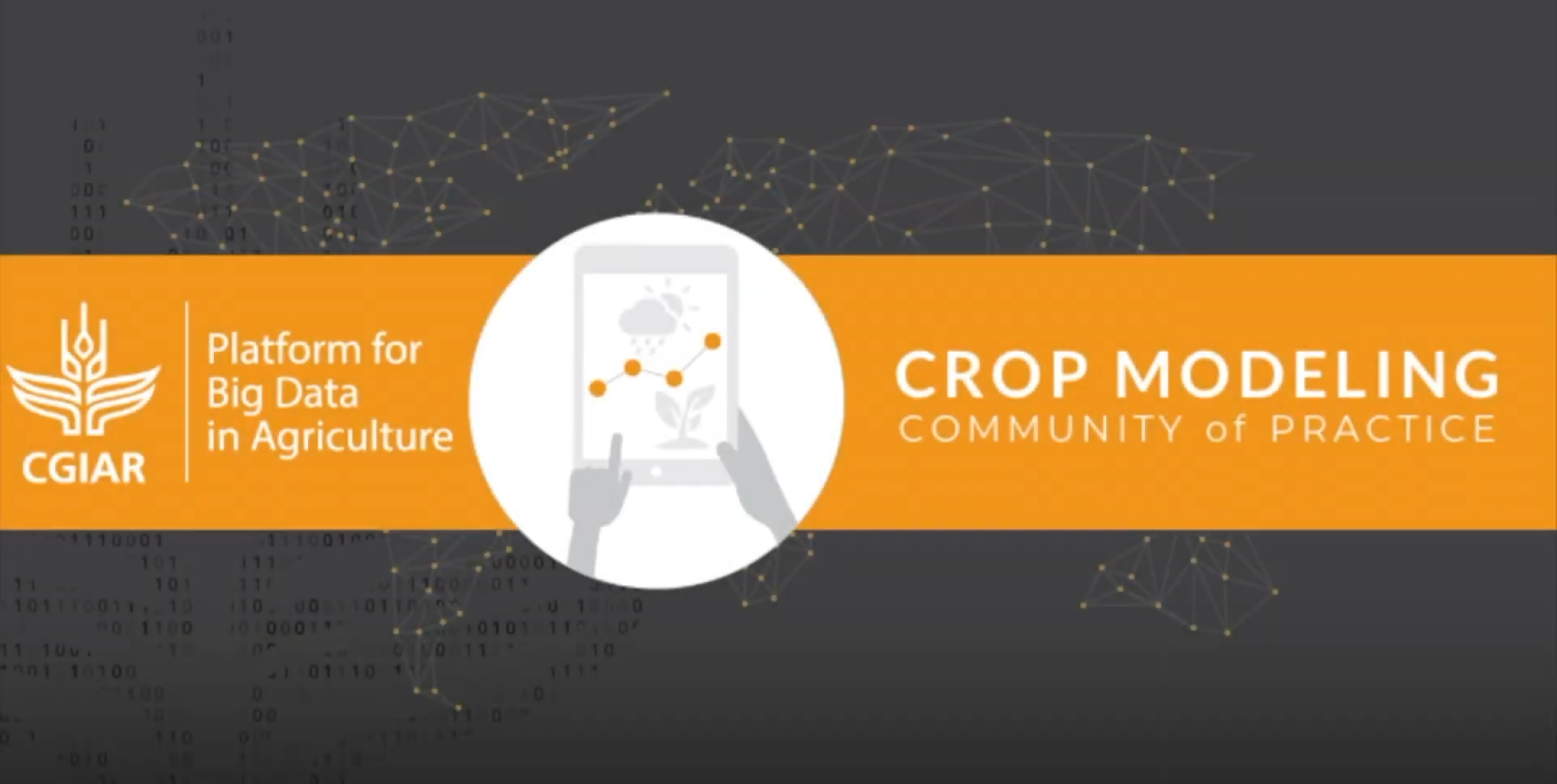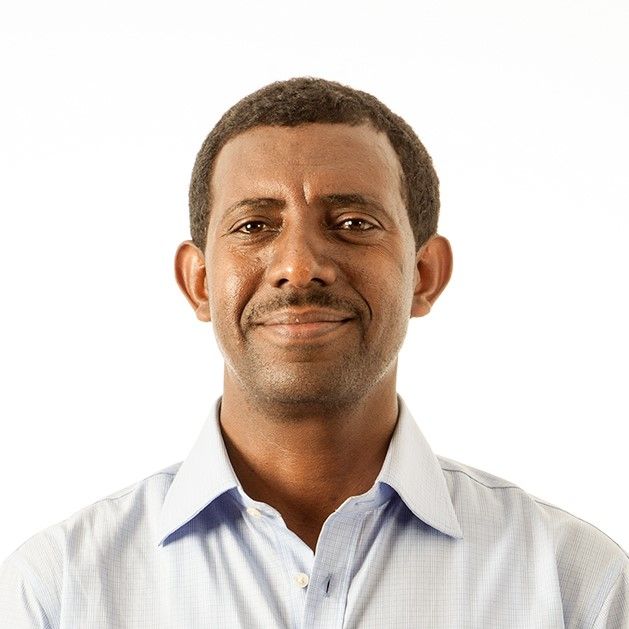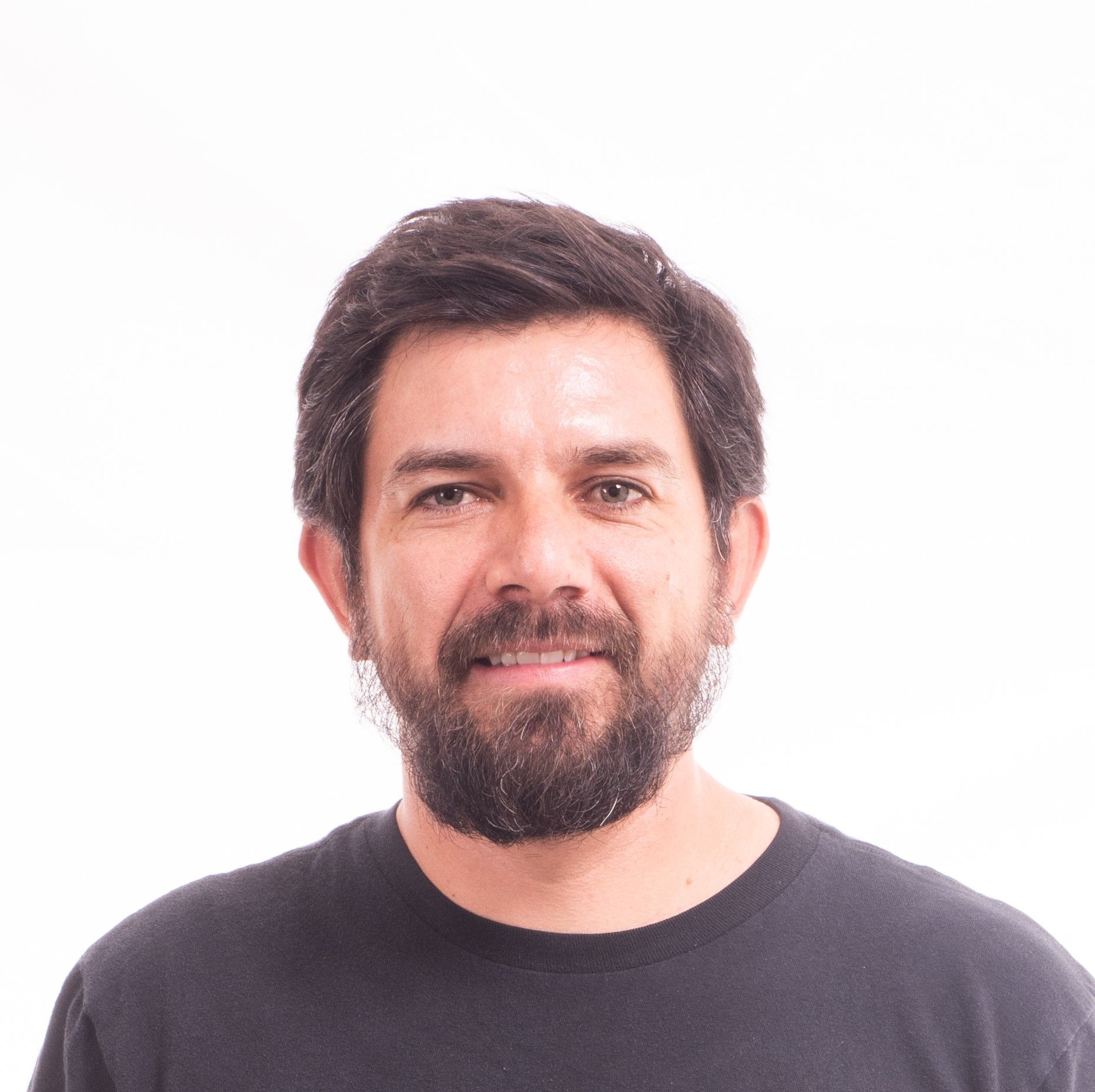Md. Rokonnuzzaman Rokon
Md. Rokonnuzzaman Rokon is a machinery development officer with CIMMYT’s Sustainable Agrifood Systems (SAS) program in Bangladesh. He graduated from Hajee Mohammad Danesh Science and Technology University in 2014 with a degree in agricultural engineering, before completing a masters in irrigation and water management at Bangladesh Agricultural University.
After finishing his masters, Rokon joined Solargao Ltd as an assistant engineer to a solar irrigation project, before becoming a lecturer at the Government Shahid Akbar Ali Science and Technology College. He joined CIMMYT in 2022.
